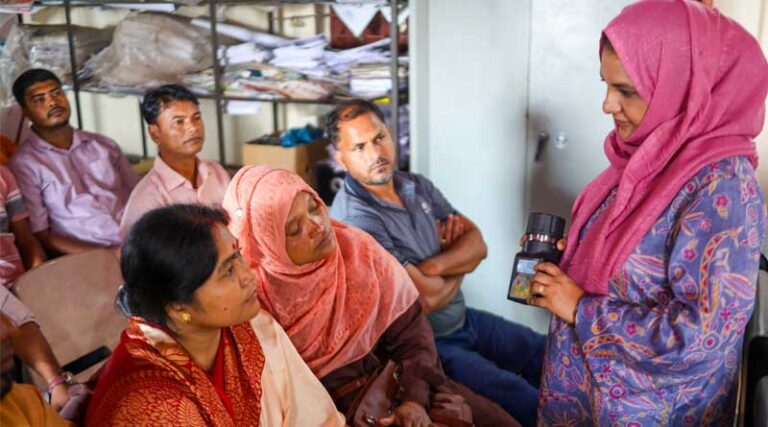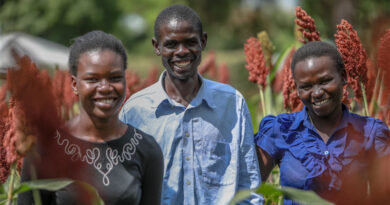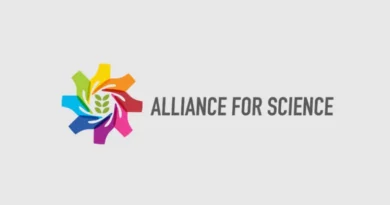
Building Bridges For Better Harvests: Coordinating Timely Seed Supply In Bangladesh’s Haor Region
23 October 2025, Bangladesh: In Bangladesh’s Haor region, timing is a crucial component in seeding. If farmers can’t plant rice early enough, the April flash floods arrive before the crop matures, washing away months of effort in a single storm. Yet, farmers face the same obstacle every year: seeds arrive too late.
To tackle this persistent challenge in the region, the International Rice Research Institute (IRRI), along with Friends in Village Development Bangladesh (FIVDB), brought together farmers and seed dealers in two coordination workshops held on 9 October in Nikli, Kishoreganj, and 13 October in Bishwamvarpur, Sunamganj. The focus was to make quality rice seeds available earlier so farmers could sow on time, avoid flash floods, and protect their harvests.
“In Haor, we live by the clock of nature,” said one participating farmer. “If we get our seeds even two weeks earlier, we can save an entire season.”
More than 40 farmers and seed dealers attended, sharing their experiences and issues about seed shortages and timing gaps. The discussions at the workshop centered on advancing seed distribution by at least 15 days, a small window that could make a big difference in the region’s food security.
The workshops were part of IRRI’s “Climate Smart Rice Value Chain in the Haor Region of Bangladesh” project, supported by the HSBC Bank. The project aims to strengthen the seed supply system by empowering farmers and dealers through training, rigorous quality checks, and practical tools, ensuring the availability of reliable, certified rice seeds across the region.
Government representatives echoed the importance of coordination. The Upazila Extension Officer of Nikli praised IRRI’s approach, noting that early seed access builds resilience in the local seed system. In Sunamganj, the Upazila Agricultural Officer described the workshop as “a bridge between farmers, dealers, and government agencies, where everyone shares the responsibility for a smoother supply chain.”
Led by Project Manager Rehana Noor, the sessions also explored practical topics such as seed certification, moisture control, marketing strategies, as well as IRRI’s training protocols and support for farmers in seed production and preservation. Dealers said they were open to buying directly from farmers if the seeds met quality standards and were attractively packaged.
They also spoke highly of IRRI’s Crop Cafeteria model, where they can observe new rice varieties in real field conditions. They noted increased interest in varieties such as BRRI dhan96, BRRI dhan101, BRRI dhan104, and BRRI dhan105 during the last Boro season, and BRRI dhan103, BRRI dhan93, and BRRI dhan94 in the current Aman season. Among these, BRRI dhan96, BRRI dhan105, and BRRI dhan103 were identified as particularly suitable for the Haor region.
Women farmers also played an active role in discussing their contributions to seed sorting, grading, and storage at the household level. Many expressed interests in the Community Seed Bank initiative, which improves access to quality seeds and opens new business opportunities for rural women.
Through cooperation and planning, farmers, dealers, and local authorities are now working together to ensure that when the rains come, Haor’s rice fields are ready to tackle increasing climatic challenges.
Also Read: The Quiet Power of Biostimulants: Missing Link in Regenerative Agriculture
📢 If You’re in Agriculture, Make Sure the Right People Hear Your Story.
From product launches to strategic announcements, Global Agriculture offers unmatched visibility across international agri-business markets. Connect with us at pr@global-agriculture.com to explore editorial and advertising opportunities that reach the right audience, worldwide.






